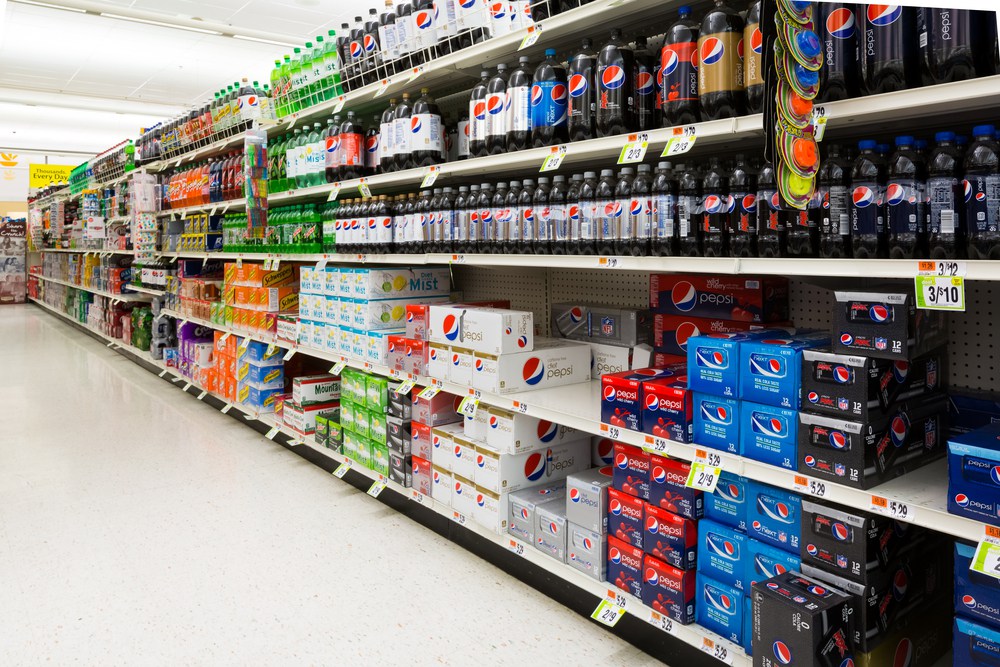-
Tips for becoming a good boxer - November 6, 2020
-
7 expert tips for making your hens night a memorable one - November 6, 2020
-
5 reasons to host your Christmas party on a cruise boat - November 6, 2020
-
What to do when you’re charged with a crime - November 6, 2020
-
Should you get one or multiple dogs? Here’s all you need to know - November 3, 2020
-
A Guide: How to Build Your Very Own Magic Mirror - February 14, 2019
-
Our Top Inspirational Baseball Stars - November 24, 2018
-
Five Tech Tools That Will Help You Turn Your Blog into a Business - November 24, 2018
-
How to Indulge on Vacation without Expanding Your Waist - November 9, 2018
-
5 Strategies for Businesses to Appeal to Today’s Increasingly Mobile-Crazed Customers - November 9, 2018
Berkeley reports decrease in sugar consumption since it levied soda tax
“If they move to providing healthier products, there would be no need to tax them”. But that is actually controversial. We find this new evidence encouraging that we are on the right path to increase healthy equity across our nation.
Advertisement
A new study in the American Journal of Public Health found that the Berkeley soda tax, which took effect in March 2015, led to a 21% decrease in soda consumption in low-income neighborhoods.
In addition to the 21 percent reported drop in consumption of soda and other sugary drinks, they found that water consumption had also increased 63 percent among respondents – an increase that may have been a partial result of the fact that people were surveyed doing Berkeley’s hottest summer on record, but that was also three times higher than increases observed in neighboring cities.
The research was conducted using in-person surveys of neighborhood residents, a method with some problems because people are not always accurate in describing their diets. They drank 26% less soda after the tax went into effect, while their neighbors drank 10% more.
However, the American Beverage Association stated that the study has flaws, and there is no proof the tax has had a calculable impact on public health.
“My expectation then is that Philly, where people are going to be switching beverages, will probably also shift to more water and that, from a public health perspective, is also the best outcome”, she said. Supporters of the taxes argue that discouraging consumption of such drinks could help reduce the toll of those ailments.
Kristine Madsen, a researcher at the University of California, Berkeley’s School of Public Health and senior author of the study, tells NPR the juxtaposition of Berkeley and San Francisco provided a “perfect natural experiment”.
Cawley agreed that “when prices go up, people buy less”, due to the law of demand.
The larger neighbouring cities of San Francisco and Oakland are expected to vote on a penny-per-ounce levy on sugary drinks in November ballot initiatives, while Boulder, in Colorado, is weighing a 2 cent per ounce tax.
Many critics of these policies, including former presidential candidate Bernie Sanders, oppose the tax precisely because it imposes disproportionate burden on the poor. “Those businesses have shown repeatedly that they will pass on those costs to their consumers”, he said. In these communities, that did not seem to happen.
The Berkeley tax, known as Measure D, covers carbonated soft drinks, sweetened fruit-flavored drinks, energy drinks and caffeinated drinks, including iced tea and iced coffee. So far, only two cities in the United States, Berkeley and Philadelphia, have passed these types of laws (taxes on sugar-sweetened beverages, to be precise), as they remain deeply controversial.
The tax did not pass in San Francisco.
Advertisement
The household median income in surveyed Berkeley neighbourhoods was $59,000, compared with $65,000 citywide.




























